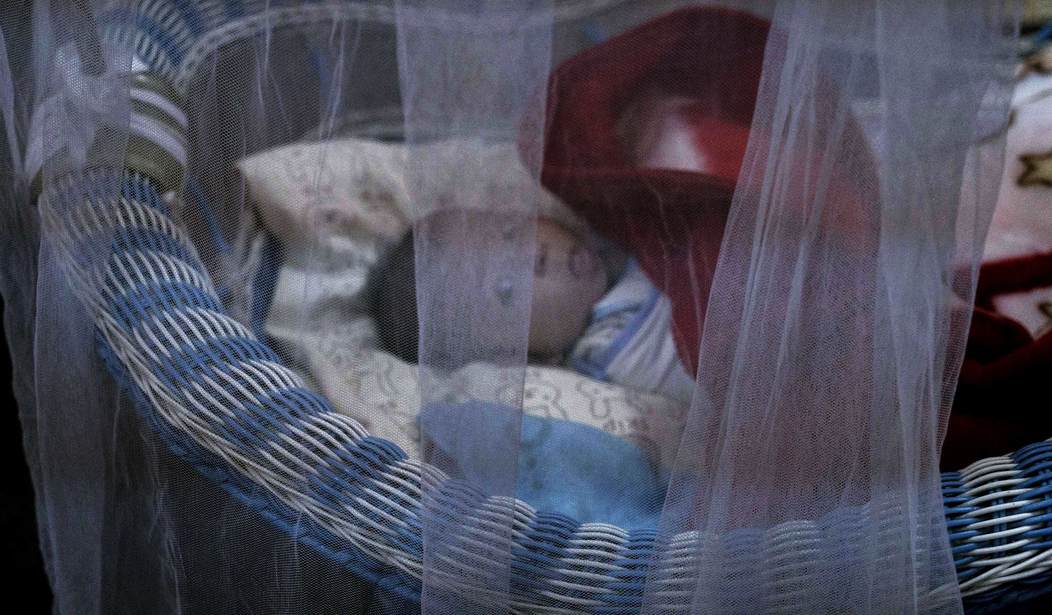A citizen's group in Baltimore, Maryland called The Maryland Child Alliance came up with an interesting idea recently. They wanted the city to pay new parents $1,000 after the birth of a child to help defer medical bills and other costs associated with an expanding family. The proposal became known as the "baby bonus." Lacking any action from the city, they proposed a ballot question for this year's elections that would have put the rule into effect. They had already collected the 10,000 signatures required, but the move was opposed by Mayor Brandon Scott and it was challenged in court. Now a judge has ruled that the ballot initiative is unconstitutional and can not be put before the voters. The Maryland Child Alliance plans to appeal the ruling to the state supreme court. (CBS News)
A proposed ballot question in Baltimore that would pay new parents $1,000 when they have a child is unconstitutional, a judge has ruled.
Supporters of the proposal secured the necessary 10,000 signatures to bring the question to voters as a ballot initiative. But Nugent found in his ruling that the bonus removes "all meaningful discretion" from the city.
Baltimore Mayor Brandon Scott had asked to have the ballot question known as the "baby bonus" removed from the November ballot. The mayor contended that the ballot measure exceeds the authority of citizens.
It's not entirely clear why Mayor Brandon Scott was opposing the measure. I don't know if this is the best approach, but it sounds like the sort of thing that the voters should be able to decide for themselves. Judge Nugent said that the proposed measure would "remove all meaningful discretion from the city," but that sounds rather vague. What discretion is he talking about? The discretion to spend the taxpayers' money in a way that directly benefits families and children?
It's not as if we're talking about a massive drain on the budget here. Baltimore averages roughly 7,000 births per year. So this proposal would add up to about seven million dollars annually. That's barely .1 percent of the municipal budget. Large blue cities already blow massive amounts of cash on simply ridiculous things all of the time. The proposed program would at least be putting a small amount of that money back in the taxpayers' pockets at a time when families in poorer communities are struggling to keep up with the costs associated with childcare, diapers, and other supplies, and having a new mouth to feed. There are worse ways to spend public funds in my opinion.
Mayor Scott's vague objections to the baby bonus were even less clear. He claimed that the ballot initiative "exceeds the authority of citizens." Yet the authority in question is coded directly into the law. Citizens are allowed to propose ballot initiatives and collect signatures. The purpose of such initiatives is to create new legislation when the government fails to act on issues of importance to the voters. And - again - this is the taxpayers' money that we're talking about. Who would have more authority over what happens to that money than the people who generated the revenue for the city, to begin with?
This might be an apt time for some sort of government program that creates an incentive for families to have more children. Baltimore has been bleeding off population for years because of a combination of bad government policies, rising crime rates, and gang violence issues. The city is failing to meet the minimum replacement rate needed to even hold the municipal population at a steady level. Now if they could only come up with a magic cure to keep fathers in the homes with the children after they are born.









Join the conversation as a VIP Member